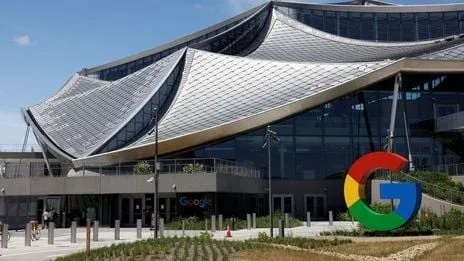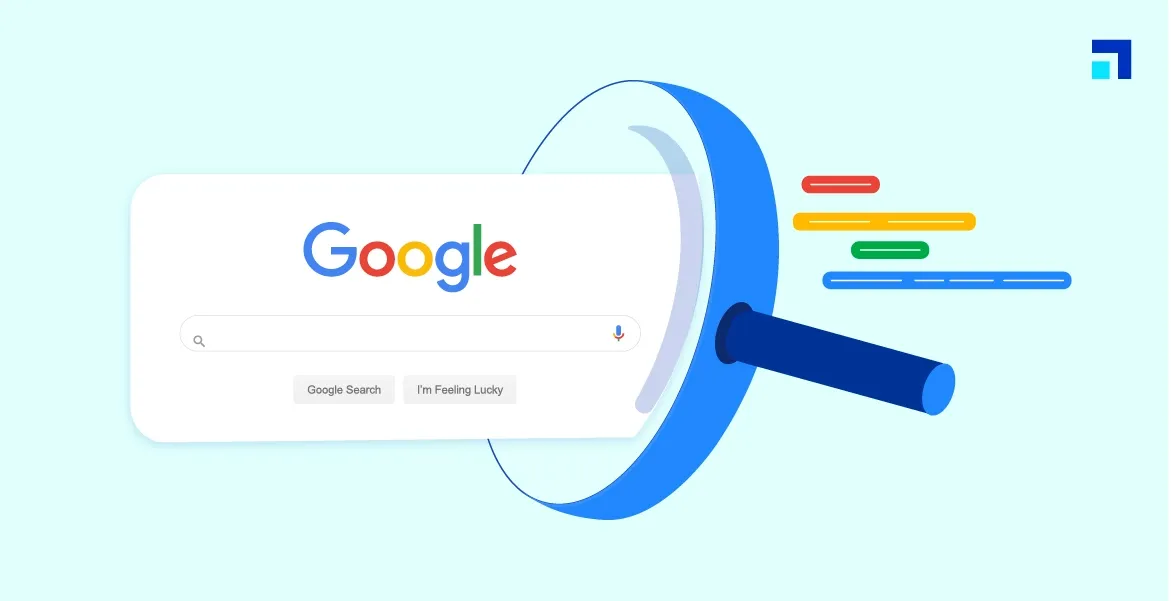Alphabet’s Google has introduced two new AI models designed specifically for the rapidly evolving robotics industry, leveraging its Gemini 2.0 AI technology.
These models aim to enhance robotic intelligence, decision-making, and real-world interactions, further advancing automation in industries such as manufacturing, warehousing, and logistics.
Advancing AI-Powered Robotics

The robotics field has seen significant progress in recent years, largely driven by breakthroughs in artificial intelligence. As AI models become more advanced, the commercialization of industrial robots is accelerating.
Google’s latest initiative follows the recent departure of Figure AI from its collaboration with OpenAI, signaling a shift in how AI is integrated into robotics.
Google's Gemini Robotics is a vision-language-action model that enables robots to perform physical actions as an output, bridging the gap between AI understanding and real-world execution.
Meanwhile, Gemini Robotics-ER is designed to enhance spatial awareness, allowing robots to reason and interact more effectively with their environments. This second model also gives developers the flexibility to customize and run programs based on Gemini 2.0’s reasoning capabilities.
Google states that these models are adaptable across various robotic form factors, including humanoid robots and specialized automation solutions used in industrial settings.
Lowering Costs & Expediting Robotics Development
AI-powered robotics models, like those from Google and OpenAI, are proving essential for robotics startups looking to reduce development costs and accelerate time-to-market.
By integrating these AI solutions, companies can streamline robotic training and optimize operations without requiring extensive proprietary AI development.
- Google has tested the Gemini Robotics model on its bi-arm robotics platform, ALOHA 2, showcasing its capabilities for complex industrial applications.
- The model is adaptable for third-party robotics, including Apptronik’s Apollo robot.
- Apptronik’s Apollo project recently secured $350 million in funding, with Google as a key investor.
This move marks a significant step forward in Google’s AI robotics strategy, despite its history of fluctuating interest in the field. The company acquired Boston Dynamics in 2013 before selling it to SoftBank Group Corp in 2017.
However, with its renewed focus on AI-driven robotics, Google is once again positioning itself at the forefront of intelligent automation.







